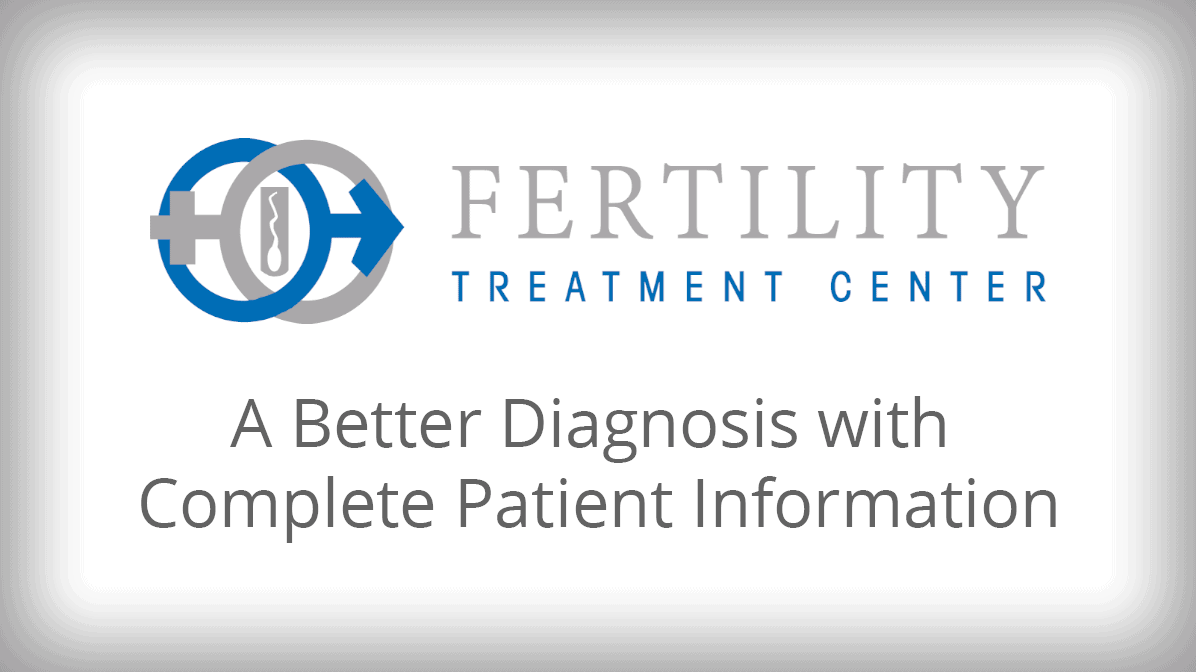Answers about a Menstrual Cycle
How long ago did you have your last period? How long did it last? These may sound like standard questions at any doctor’s appointment, but for your fertility specialist, the answers to these questions can offer numerous clues into your fertility.
That’s because your menstrual cycle revolves around ovulation, the release of a mature egg from an ovary. Without ovulation, you can’t get pregnant. Problems with ovulation can make getting pregnant more difficult. So what does your menstrual cycle tell your doctor about your fertility? First, let’s look at a normal menstrual cycle.
A normal menstrual cycle lasts 21 to 35 days. This cycle is measured from the first day of one period to the first day of the next. When your period begins, it is also the start of one of two phases in the menstrual cycle: the follicular phase. During this stage, follicle stimulating hormone (FSH) is released by the brain to begin the process of developing one follicle in one of the ovaries to produce a mature egg. As the follicle matures, it releases estrogen, which thickens the lining of the uterus. A normal follicular phase can last anywhere from 11 to 27 days, with an average length of 16 days.
Once ovulation occurs, the follicular phase ends and the luteal phase begins. During the luteal phase, which lasts about 14 days, the remnants of the follicle that released the ovum produce the hormone progesterone, which further prepares the uterine lining for implantation. This phase lasts until either pregnancy occurs or levels of progesterone drop, causing the uterine lining to break down and menses to occur.
Short Menstrual Cycle
A short menstrual cycle lasts fewer than 21 days. In a short cycle, ovulation may have occurred early or not at all. As a woman approaches menopause, shorter cycles may happen more often as the brain produces more FSH to stimulate the fewer follicles available. Sometimes bleeding occurs in the middle of a cycle, which can be confused with menses and a short cycle.
Long Menstrual Cycle
A long menstrual cycle lasts more than 35 days. A long menstrual cycle may indicate that ovulation is not occurring regularly or is not occurring at all. If a follicle never matures and, consequently, ovulation does not occur, progesterone is not produced, and the lining of the uterus continues to grow in response to the estrogen release. Over time, the lining becomes too heavy and breaks down under its own weight. This can result in an abnormally heavy and long period.
Irregular and/or Prolonged Bleeding
Bleeding at irregular intervals and/or bleeding for more than 7 days can be an indication that ovulation has not occurred. Irregular bleeding can also be a sign of uterine polyps, fibroids, infection, or uterine or cervical cancer. In rare cases, blood clotting disorders can also cause prolonged bleeding.
No Periods
If you do not menstruate at all, or haven’t for a long time, you are either not ovulating or there is a physical barrier to blood flow, such as scar tissue in the uterus. One possible explanation for lack of menstruation is that you are underweight. A certain percentage of body fat is required for the reproductive cycle to function properly. Another possibility is that you have entered menopause. Early menopause occurs between the ages of 40 and 45. Menopause that occurs before the age of 40 is called premature menopause or premature ovarian failure.
If you are having trouble getting pregnant, begin by carefully tracking the first and last day of your periods, noting anything out of the ordinary, such as shorter or longer cycles than usual, unusual pain, changes in the volume of blood, or spotting in between cycles. Be sure to bring your notes to your first appointment. Even if your periods are normal, this information can help your fertility specialist help you get pregnant.



